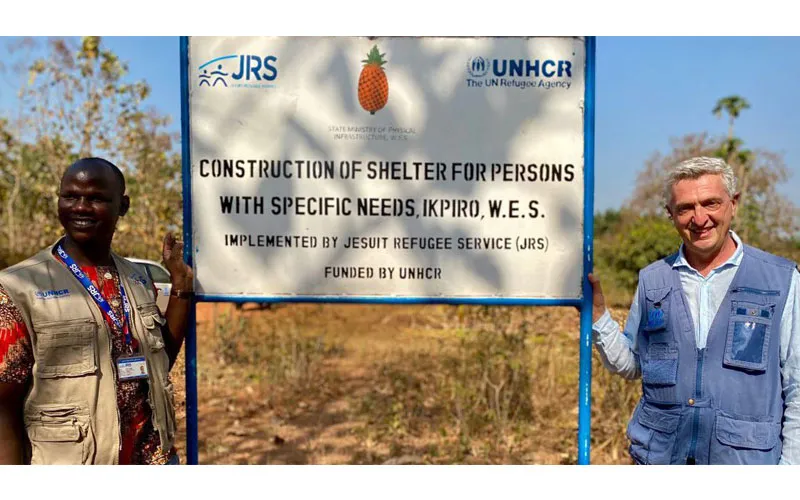Tombura-Yambio, 05 February, 2021 / 7:35 pm (ACI Africa).
The leadership of the international refugee organization of the Society of Jesus (Jesuits), the Jesuit Refugee Service (JRS) has partnered with the United Nations High Commissioner for Refugees (UNHCR) to improve the living conditions of deprived populations in South Sudan.
In a Thursday, February 4 report obtained by ACI Africa, the leadership of JRS says it has partnered with the UNHCR in realizing four Quick Impact Projects (QIP) in various areas under South Sudan’s Catholic Diocese of Tombura-Yambio.
“QIPs are aimed at improving the living conditions of those in need of humanitarian aid, like refugees and IDPs living in South Sudan, which is home to Africa’s largest refugee and humanitarian crisis,” officials of JRS say in the report.
With the support of the South Sudanese government, the leaders of the two entities say they have so far provided “55 semi-permanent housing (tukul) to returning IDPs with special needs in the Nzara and Yambio counties, a community center in Bazunga, and the renovation of the Sue and Uze bridges.”
According to the leadership of the 40-year-old Jesuit agency, “The building and renovation projects have provided much needed shelter, a safe place for refugee communities to socialize, and bridges that will allow the transport of medical supplies, allow traders to transport their goods to local markets, and make it possible for refugee children to attend school.”








